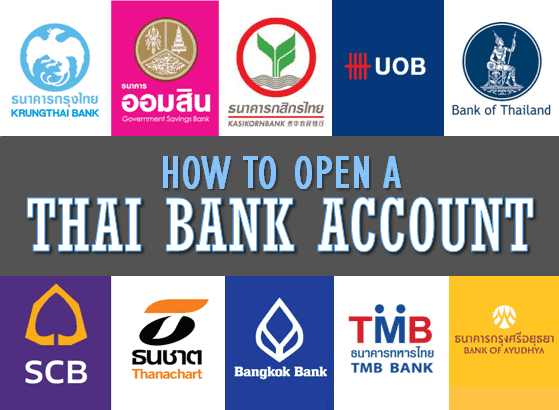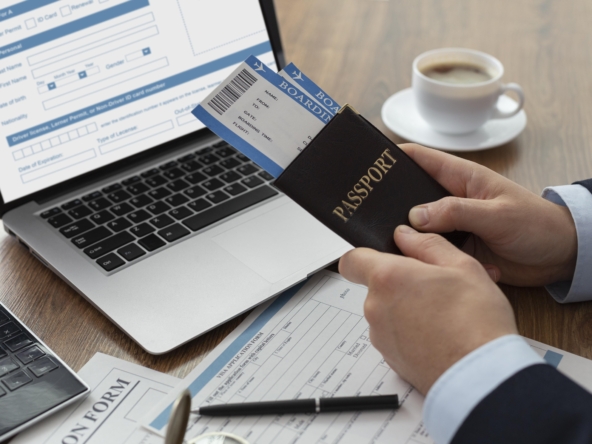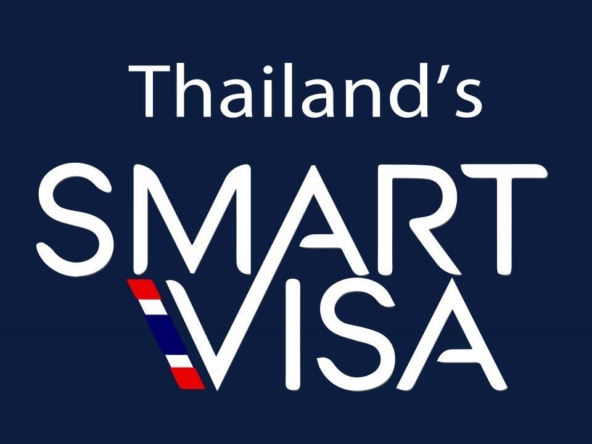Foreign Freehold, Leasehold, and BVI Structures
Introduction
Thailand is a vibrant hub for real estate investment, attracting foreigners looking for both residential and commercial opportunities. This comprehensive guide will explore the various ownership structures available to foreign investors, including foreign freehold, leasehold ownership, and the role of British Virgin Islands (BVI) companies in property transactions. Understanding these elements will empower investors to navigate the Thai real estate market effectively.
1. Understanding Ownership Structures
1.1 Foreign Freehold Ownership
Foreign freehold ownership is one of the most appealing options for foreign investors in Thailand. This ownership structure allows foreigners to fully own a condominium unit in their name.
- Condominium Regulations: According to Thai law, foreigners can own up to 49% of the total units in a condominium project. This means that if a project has 100 units, only 49 can be owned by foreigners.
- Benefits of Freehold Ownership:
- Complete control over the property.
- Easier resale process.
- No need for Thai partners.
1.2 Leasehold Ownership
Leasehold ownership is another popular avenue for foreign investors looking to own land or property in Thailand.
- Long-term Leases: Foreigners can secure leases for a term of up to 30 years, with the option to renew. This structure is commonly used for purchasing land to build a house or for long-term residential purposes.
- Benefits of Leasehold Ownership:
- More accessible for foreigners.
- Flexibility in terms of lease renewal.
- Lower initial investment compared to freehold properties.
2. The Role of BVI Companies in Real Estate Transactions
2.1 Why Consider a BVI Company?
Using a British Virgin Islands (BVI) company can offer significant advantages for foreign investors in Thailand.
- Asset Protection: BVI companies provide a level of confidentiality and protection from local legal issues, ensuring that your investment remains secure.
- Tax Efficiency: The BVI does not impose capital gains tax or inheritance tax, making it an attractive option for holding property.
2.2 Establishing a BVI Company
Setting up a BVI company is relatively straightforward:
- Choose a Company Name: The name must be unique and compliant with BVI regulations.
- Appoint Directors: At least one director is required, and they can be from anywhere in the world.
- Register the Company: File necessary documentation with the BVI Financial Services Commission.
2.3 Purchasing Property Through a BVI Company
Once the BVI company is established, it can be used to purchase property in Thailand.
- Procedure: The BVI company can enter into agreements to buy property, making it the legal owner while providing anonymity and asset protection for the investors.
- Legal Considerations: It is essential to engage a local attorney to ensure compliance with Thai laws and regulations.
3. Legal Considerations and Due Diligence
3.1 Conducting Due Diligence
Before proceeding with any property transaction in Thailand, thorough due diligence is crucial. This includes:
- Title Search: Verifying the ownership and ensuring there are no liens on the property.
- Legal Review: Engaging a local attorney to review all contracts and agreements.
3.2 Taxes and Fees
Investors should be aware of various taxes and fees involved in property transactions, including:
- Transfer Fees: Typically around 2% of the property value.
- Stamp Duty: Generally 0.5% of the appraised value or sales price, whichever is higher.
- Ongoing Costs: Property taxes, maintenance fees, and management fees must be factored into the overall investment cost.
3.3 Engaging Professional Help
Hiring a reputable real estate agent and legal advisor can streamline the buying process and help you navigate the complexities of Thai property laws.
Conclusion
Investing in real estate in Thailand offers numerous opportunities for foreign investors, whether through foreign freehold, leasehold ownership, or utilizing a BVI company for added security and tax benefits. Understanding these ownership structures and legal considerations will enable you to make informed decisions and optimize your investment strategy. Always seek professional advice to ensure compliance with local regulations and maximize your real estate investment potential in Thailand.
Check out Properties in Thailand




